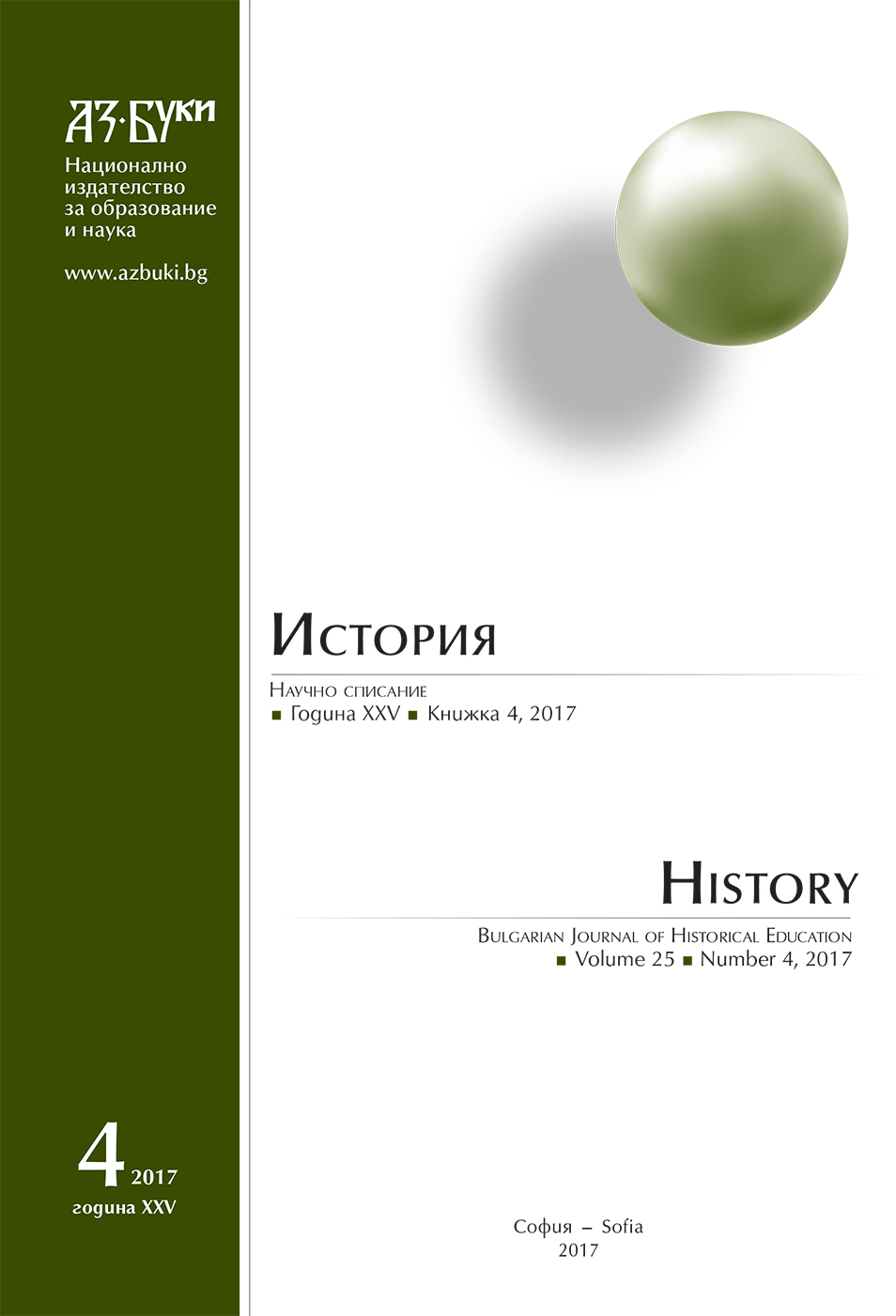Отношенията на шериатските съдилища с държавната власт във Вардарска Македония 1918 – 1941 г. и ислямската религиозна общност
Relations between the Sharia Courts and the State Authorities in Vardar Macedonia 1918 – 1941 and the Islamic Religious Community
Author(s): Rejhan MandakSubject(s): Politics / Political Sciences, History, Social Sciences, Education, Cultural history, Essay|Book Review |Scientific Life, Civil Society, Governance, Public Law, Comparative history, Diplomatic history, Ethnohistory, Local History / Microhistory, Social history, Recent History (1900 till today), Special Historiographies:, Adult Education, State/Government and Education, Pre-WW I & WW I (1900 -1919), Interwar Period (1920 - 1939), WW II and following years (1940 - 1949), The Ottoman Empire, Cultural Essay, Inclusive Education / Inclusion
Published by: Национално издателство за образование и наука „Аз-буки“
Keywords: Sharia law; religious institutions; Vardar Macedonia; Yugoslavia; Muslims
Summary/Abstract: In this article the application of Sharia law over the Muslim population of Vardar Macedonia is demonstrated. The application of Sharia Law form the establishment of Ottoman rule until the end of the Second World War is directly related to functioning of state Sharia courts. In this era the Sharia law is part of the positive law. With the change in the historical and political context in the aftermath of First World War, the Sharia court have been included in the Yugoslavian secular state as a structure, relatively independent form the Muslim religious authority, which is based on principles of spiritual hierarchy. Its application have had a positive impact, preserving the Muslim population`s identity. After the Second World War the Sharia court are dismissed. From the legal-normative point of view it is not possible to state that this is Sharia law, because there is a lack of state coercion, which is one of the prerequisites to talk about law. After this point, the essence of sharia ruling is preserved via moral relations and obligations, customs and traditions and the work of the religious institutions as well.
Journal: История
- Issue Year: 25/2017
- Issue No: 4
- Page Range: 378-385
- Page Count: 8
- Language: Bulgarian
- Content File-PDF

